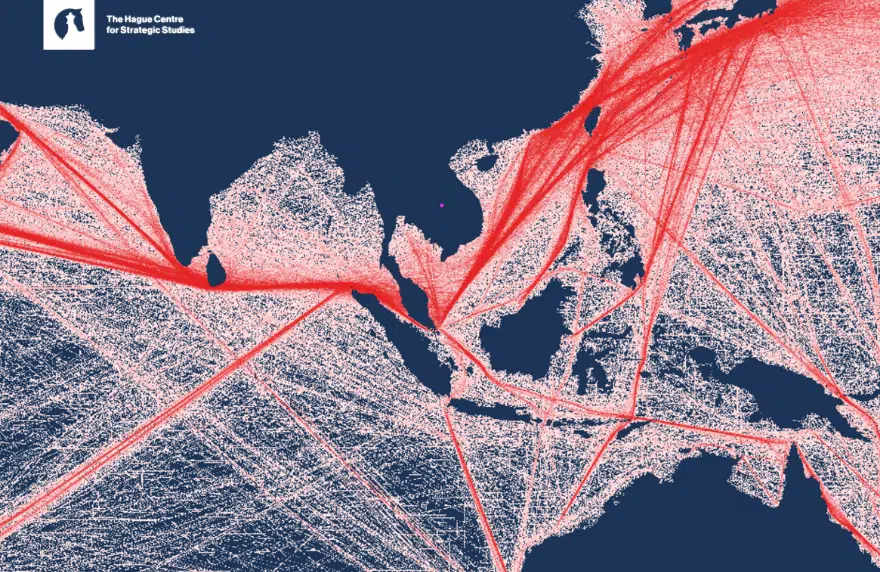Research
Foreign Information Manipulation and Interference (FIMI) has emerged as a pressing and complex challenge to democratic resilience across both Europe and the Indo-Pacific. Characterized by coordinated efforts—often state-sponsored—to distort or disrupt public discourse, FIMI campaigns exploit the openness of democratic societies and increasingly leverage emerging technologies. While the threat is shared, responses to FIMI vary significantly across regions due to differing political systems, legal frameworks, and levels of civil society engagement.
This HCSS policy brief by Laura Jasper explores how Europe and the Indo-Pacific can strengthen cross-regional cooperation to enhance resilience against FIMI. It examines regional policy frameworks and national responses, revealing divergent approaches. Through an assessment of current bilateral, minilateral, and multilateral cooperation mechanisms, the brief identifies key gaps and underutilized opportunities.
To foster effective and sustainable collaboration, the brief offers three main recommendations:
(1) establishing a shared lexicon to support coordinated threat analysis and attribution,
(2) formalizing existing strategic dialogues for common policy development and operational exchanges, and
(3) engaging industry in a multi-stakeholder, norms-based governance framework for the information environment.
By addressing these structural limitations, Europe and the Indo-Pacific can move from fragmented responses to a more cohesive and proactive framework in tackling FIMI threats.
This is the second publication of our two-part series; the first policy brief outlines the shared FIMI risk across Europe and the Indo-Pacific, and can be read here: “FIMI in Focus: Navigating Information Threats in the Indo-Pacific and Europe“.
Author: Laura Jasper
With contributions by Benedetta Girardi, Timur Ghirotto and Davis Ellison.
The research was made possible through a financial contribution from the Embassy of Australia in the Netherlands to the Hague Centre for Strategic Studies (HCSS). Responsibility for the contents and for the opinions expressed, rests solely with the authors.








